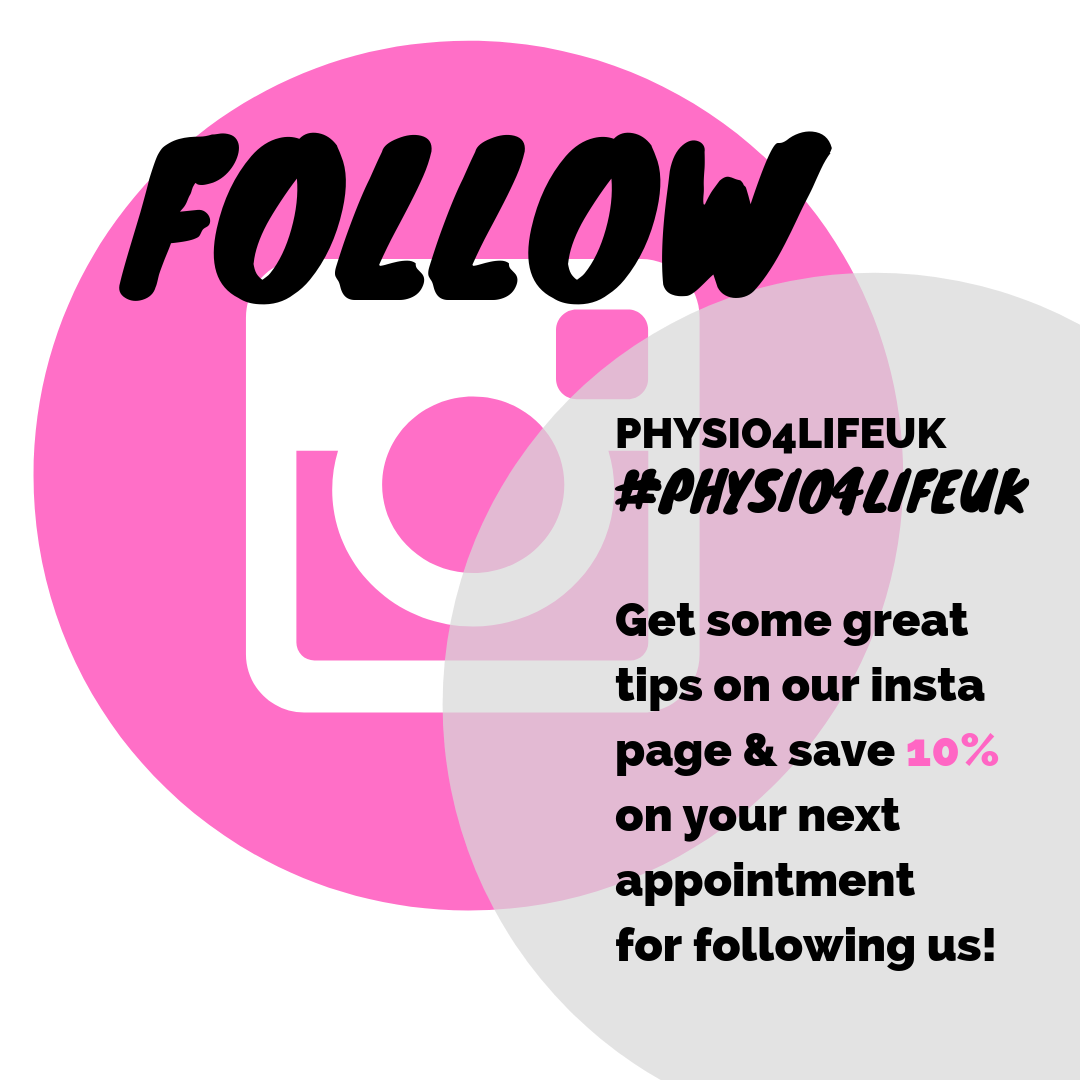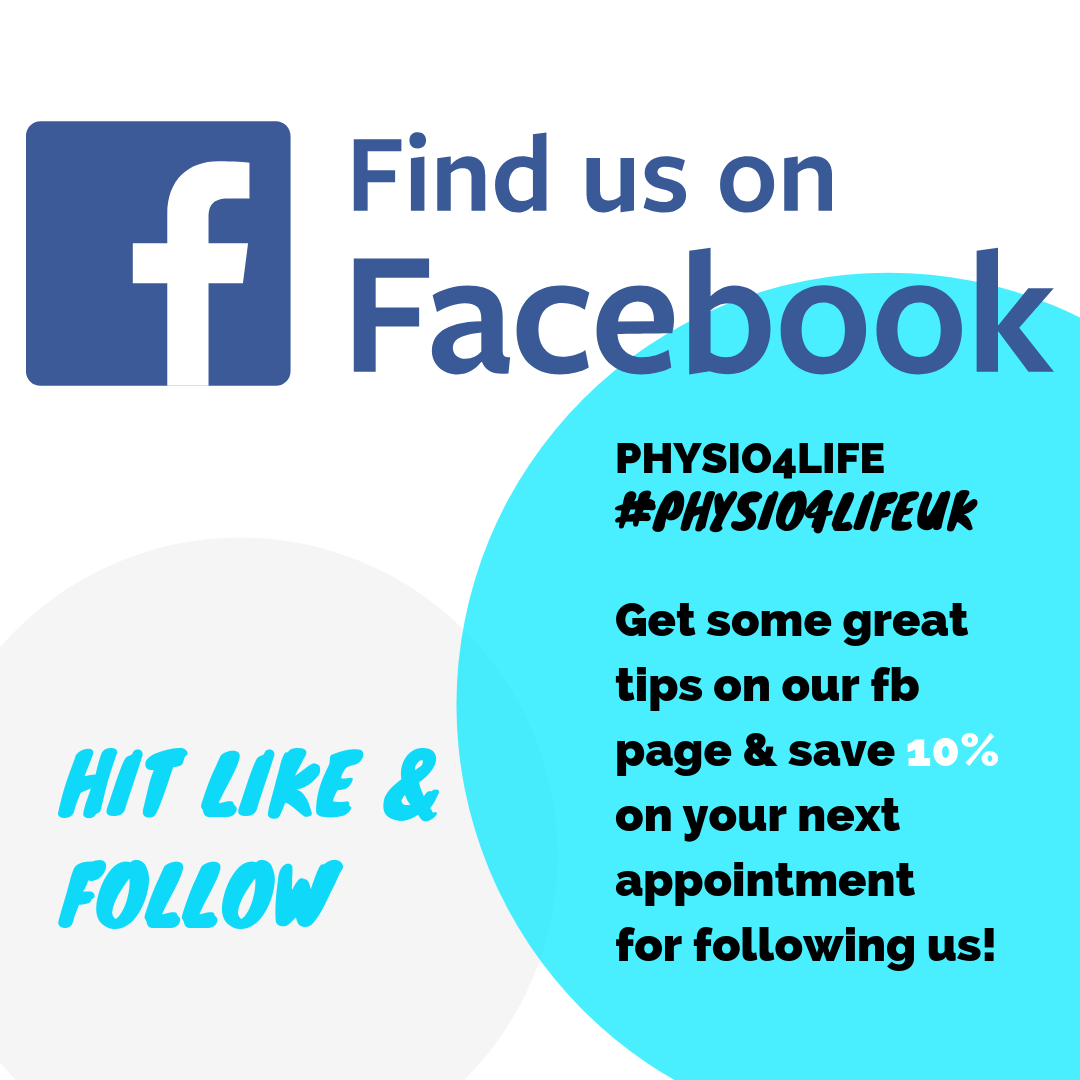
Preparation is key
By physically preparing yourself before your trip, you can reduce your chances of getting injured, recover quicker and improve your performance. Some of you might hate to read this but…a jog every now and then won’t provide the necessary fitness results for the slopes.
Training needs to be consistent.
This doesn’t mean you have to train everyday to achieve your goals though, you can create a tailored training plan! A tailored training plan can help you maximise your time on the mountains, whether you are smashing powder or cruising through a piste!
What to consider during training?
Core + Stability
Your core is the body’s power centre, it improves your stability and support of your spine, decreasing the chances of falling.
Training tip: Focus on exercises where you need to hold still for as long as possible, e.g. plank. Start by holding the position for a few seconds and as you get more comfortable with the exercise or find it easier, you can progress by increasing the holding time.
Coordination + Awareness
Building awareness of your body in space is called proprioception. Improving proprioception can allow you to better control your movement on the slopes, improving performance and decreasing the chances of losing control in tough conditions such as low visibility.
Training tip: A very simple exercise to try is standing on one leg with your eyes closed for as long as possible. I would recommend practicing this exercise twice a day, every day.
Strength & Endurance
Key muscles to focus on would be quadriceps, hamstrings, glutes and upper body muscles. Throughout your training plan, you should progressively increase your load by adjusting sets, reps, weights and holding times.
Training tip: Besides just traditional strength exercises, be sure to include plyometric elements which involve explosive movements like jumping and landing. An example of a plyometric exercise to include would be skater jumps.
Cardio
As the majority of injuries are related to fatigue, building up your cardiovascular fitness will let you be able to ride for longer periods of time and maximise your recovery between sessions.
Training tip: Your training programme should be physically demanding but should include both high intensity and low intensity cardio. A great way to make this specific is getting access to a ski erg!
|
|
|
|
|
|
|
|
This blog was written by Evagoras Christofi, who is a Senior Chartered Physiotherapist with special interests in Strength & Conditioning and injury prevention.
If you are interested in a tailored exercise plan and progressive training for your ski trip, feel free to get in touch with him!



